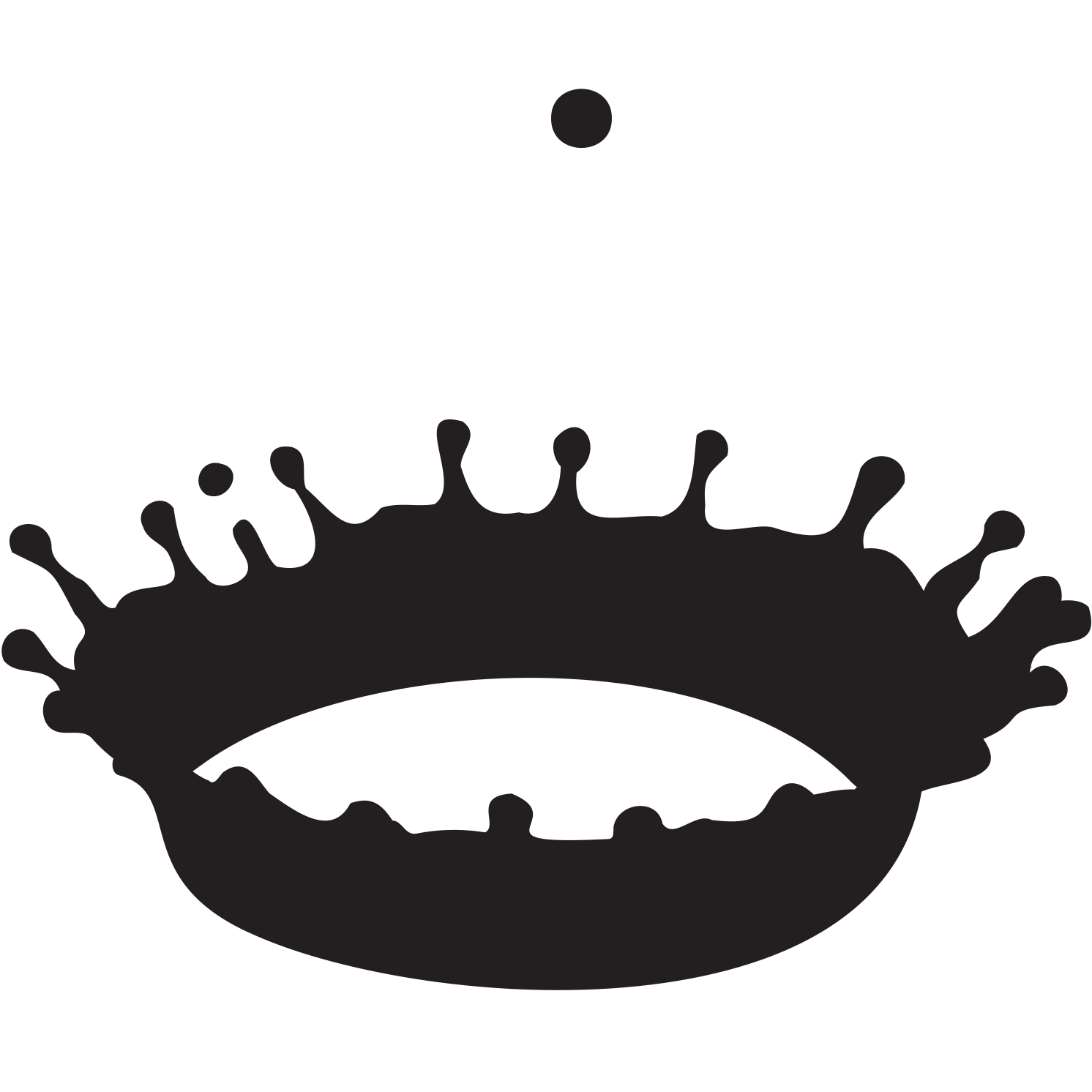This course explores Thermal Energy Networks (TEN) drawing inspiration from local and North American exper
Provides the opportunity to gain direct fieldwork experience in a global context.
Provides a technical introduction to decarbonizing building energy systems via the f
Students explore possibilities of repurposed electronic devices in various secto
The Art and Science of PCB Design is an introductory course into the fundamental aspects of developing electronic systems on printed circuit boards (PCBs). This course will heavily focus on providing hands-on labs with electronic design tools actively used in industry towards designing a primary course project resulting with the physical assembly of a PCB-based device. Students will gain experience in designing systems, conducting SPICE simulations, drawing schematics, and creating a PCB layout.
Manufacture a steel single speed bicycle frame, install parts, and ride it. Students will meet with D-Lab instructors for a required meeting in December to choose geometry. MIG welding training is a prerequisite and will not be taught as part of this course. One complete set of components needed to make the bike rideable will be provided.
For credit, 2 units. Five students only, undergrad or grad.
Students will each manufacture a functioning internal combustion engine. Advanced mill and lathe skills, both CNC and manual, will be taught and practiced. Previous milling or turning experience is good to have but not required. All materials and tools will be provided.
Very limited spaces.
Students develop teaching skills as they prepare to lead an IAP (Independent Activities Period) event/workshop supported by the Edgerton Center. A uniquely MIT tradition, IAP provides faculty, students, staff, and alumni with an opportunity to share and/or explore a wide variety of academic and non-academic topics. IAP offerings are distinguished by their innovative, playful spirit and fusion of fun and learning. The offerings created by students in this course can range from 1 event to a series of workshops.
Explores some of the critical actions in starting up a technology-based business, including concept generation, searching prior art and patents, protecting intellectual property, founders agreements, forming and building teams, and work-life balance. Students review case studies and complete exercises that develop practicable knowledge in these areas. Each student keeps an "idea log book," which includes critical assessments of each case study, to be presented at the end of the term. First in a two-part series (seminars do not have to be taken sequentially; see EC.075 in spring term).





